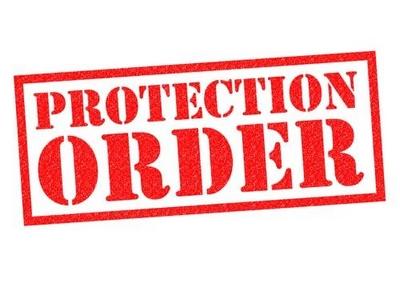Free Initial Consultations
 630-580-6373
630-580-6373With offices in Naperville, Joliet, Wheaton, Plainfield & Chicago
 Domestic violence is, unfortunately, a widespread problem in the United States. Each year, more than 12 million people are victims of physical or sexual violence from an intimate partner, and this abuse often extends to children in the household as well. If you or a family member is suffering from domestic abuse in Illinois, an order of protection can help keep you safe from the perpetrator. An experienced attorney can help you understand how an order of protection works and which type of order is best for your situation.
Domestic violence is, unfortunately, a widespread problem in the United States. Each year, more than 12 million people are victims of physical or sexual violence from an intimate partner, and this abuse often extends to children in the household as well. If you or a family member is suffering from domestic abuse in Illinois, an order of protection can help keep you safe from the perpetrator. An experienced attorney can help you understand how an order of protection works and which type of order is best for your situation.
In Illinois, an order or protection can prevent an alleged abuser from continued abuse, physical contact, proximity, and communication with the person who has been abused, as well as that person’s children, dependents, or legal guardians. Orders of protection are enforced by local law enforcement officers, and they can be filed independently or together with a petition related to divorce, parental responsibilities, guardianship, or adoption.
Depending on the nature and severity of your situation, you may be able to pursue one of three types of protective orders:
Any of these orders can include a grant of exclusive possession of residence and personal property to the petitioner. However, other remedies including monetary compensation for the petitioner are usually only possible if the judge issues a plenary order of protection.
When you need protection from an abusive partner or family member, you should contact an attorney as soon as possible to pursue an emergency order or initiate the process of obtaining a plenary order. At Davi Law Group, we are committed to helping our clients stay safe by ensuring that they follow the proper procedures for filing a petition. Contact a DuPage County family law attorney today at 630-657-5052 to request a free consultation.
Sources:
https://www.thehotline.org/resources/statistics/
https://www.ilga.gov/legislation/ilcs/ilcs4.asp?ActID=2100&ChapterID=59&SeqStart=500000&SeqEnd=4200000
